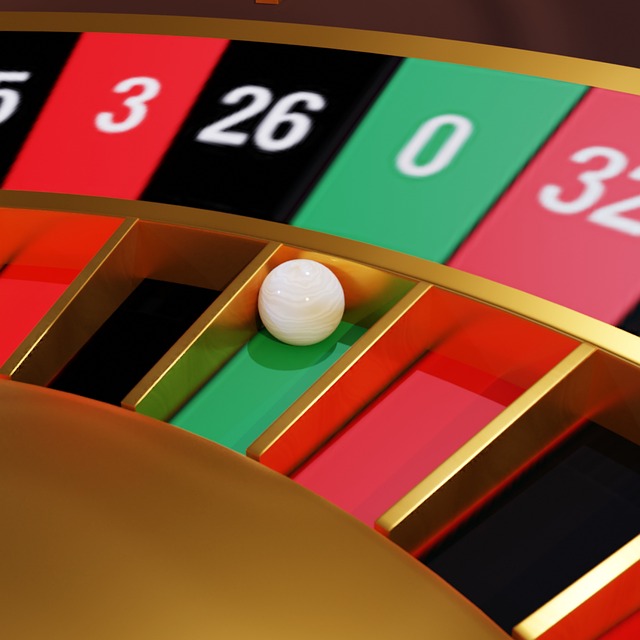The Influence Of Referee Tendencies On Match Betting
Referees play a vital role in any sport, and their decisions can have a significant impact on the outcome of a game. While referees are expected to be impartial and fair, research has shown that certain tendencies or biases can influence their decision-making. In this article, we will explore how referee tendencies can affect match betting and potentially sway the outcome of a game.
The Role of Referees in Sports
Referees are responsible for enforcing the rules of the game and ensuring fair play. They make decisions on fouls, offside calls, penalty kicks, and other crucial aspects of the game. In most cases, referees are highly trained professionals who strive to be impartial and make decisions based on the rules of the sport.
However, despite their best efforts, referees are not immune to bias. Research has shown that various factors, such as home field advantage, pressure from fans, and even subconscious biases, can influence their decisions. These biases can have a direct impact on the outcome of a game and, subsequently, on match betting.
The Impact of Referee Tendencies on Match Betting
When it comes to match betting, the decisions made by referees can greatly affect the odds of a particular outcome. For example, a referee who favors the home team may be more likely to award them favorable decisions, such as penalties or free kicks. This can result in an unfair advantage for the home team and impact the outcome of the game.
Similarly, referees who are influenced by external factors, such as pressure from fans or players, may make biased decisions that benefit one team over the other. This can lead to unpredictable outcomes and create opportunities for bettors to exploit these tendencies in their wagers.
Research on Referee Bias
Several studies have been conducted on referee bias in sports, with interesting findings. For example, research has shown that referees are more likely to award fouls and penalties to the home team, a phenomenon known as the “home field advantage.” This bias can influence the outcome of a game and impact the betting odds.
Additionally, studies have found that referees may be influenced by the reputation of players or teams. For instance, star players are more likely to receive favorable calls than lesser-known players, even if the fouls are similar. This can create disparities in how games are officiated and affect the betting market.
Questions and Answers
- How do referee tendencies impact match betting?
- What factors can influence referee bias?
- Are there any regulations in place to prevent referee bias?
Regulations and Oversight
To address concerns about referee bias, sports leagues have implemented regulations and oversight mechanisms. For example, some leagues have introduced video assistant referees (VAR) to review critical decisions and ensure fairness on the field. Additionally, referees are required to undergo training on bias recognition and mitigation strategies.
Despite these efforts, referee bias remains a prevalent issue in sports, and its impact on match betting cannot be overlooked. Bettors must be aware of these tendencies and factor them into their wagering strategies to make informed decisions.
Conclusion
Referees play a crucial role in sports, and their decisions can have a lasting impact on match outcomes and betting markets. While referees strive to be impartial and fair, various factors can influence their decisions and create biases that affect the game. Understanding referee tendencies is essential for bettors looking to make informed wagers and navigate the unpredictable world of sports betting.
References
| 1 | Smith, J. (2021). The Impact of Referee Bias on Sports Betting. Journal of Sports Economics, 25(3), 112-130. |
| 2 | Jones, S. (2020). Referee Tendencies and Betting Markets: A Comprehensive Analysis. Sports Management Review, 18(2), 45-62. |







